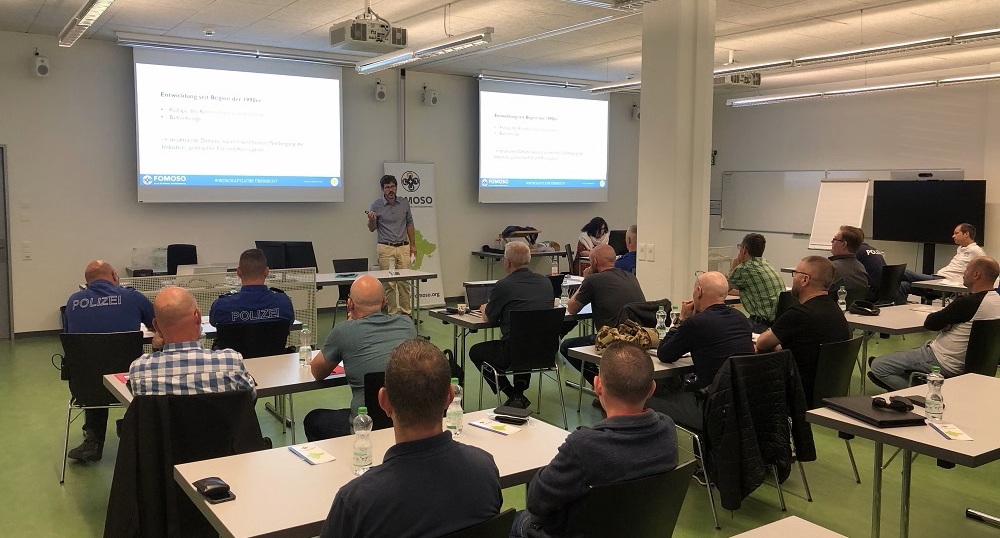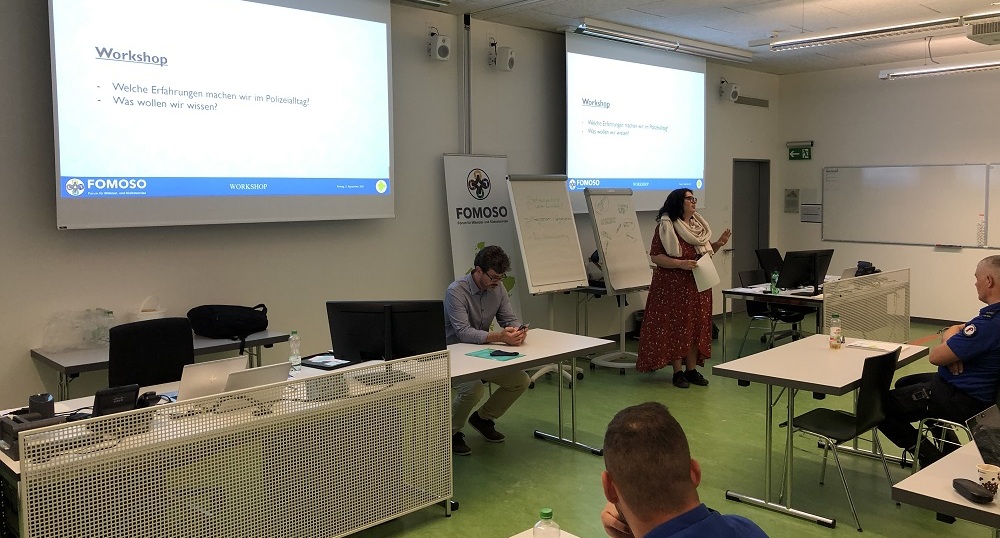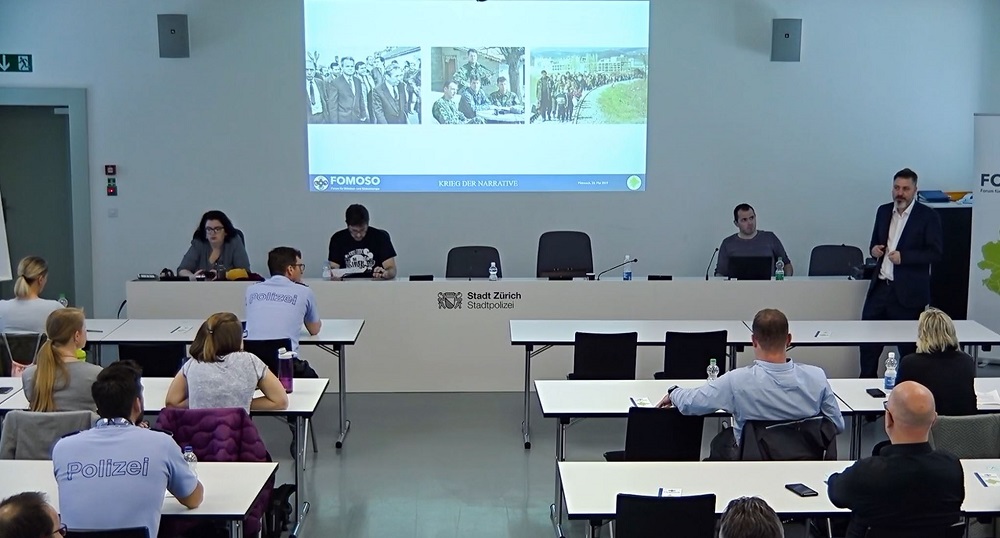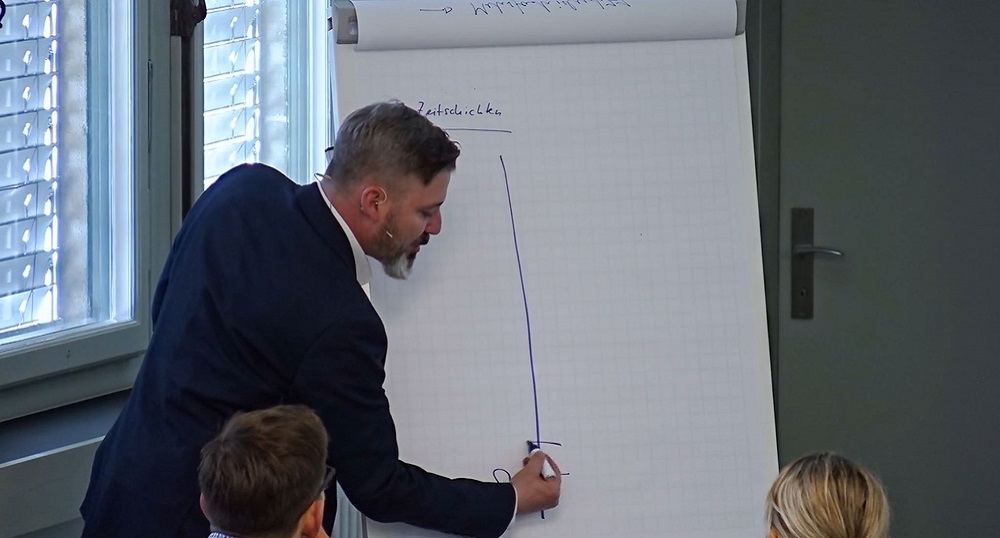Current Thematic Focus
The Balkans
The Balkans are closer to Switzerland than the geographic location suggests. The reason for this is that around 500,000 people who live in Switzerland have a more or less family or personal relationship with at least one country in this region. Nevertheless, there seems to be a certain ignorance in Switzerland regarding the diversity that characterizes this region. Here we would like to shed light on the darkness with our workshop and lecture in order to enable and promote a clearer cultural, social and political understanding of the Balkan states. The aim of our events is to broaden the ability to act by broadening the perspective of the complexity of this region.
Among other things, the following possible questions are dealt with: What is the historical basis? What differences and possible conflicts are there between ethnic groups? What role does religion play? What about role models and values? What is the significance of migration in the context of integration? What are the future prospects in the Balkans?
Impressions from our Workshops
Experts
Topic on Request
Visegrád States
The four countries Poland, Slovakia, the Czech Republic and Hungary form the so-called Visegrád states. Common historical, cultural and social experiences led to a contractually close cooperation in 1991. The initial main concern of these four was the strengthening of democratic development and the development of a free market economy. Since joining the EU, the Visegrád countries have developed enormously socially and economically. Despite all this, the democracies of the countries are under pressure today. This has an impact on society as well as on European politics.
This workshop offers the chance to get an understandable insight into the Visegrád states. As a result, the following questions can come up, among others: What developments have the countries gone through since the 1990’s? Is there a democratic deficit? How do the states feel about migration? How are the relations with Switzerland? How can cooperation be expanded? What are the challenges of today?
We do these workshops for companies, schools, organisations, etc.
Are you interested now? Then send us your request!




